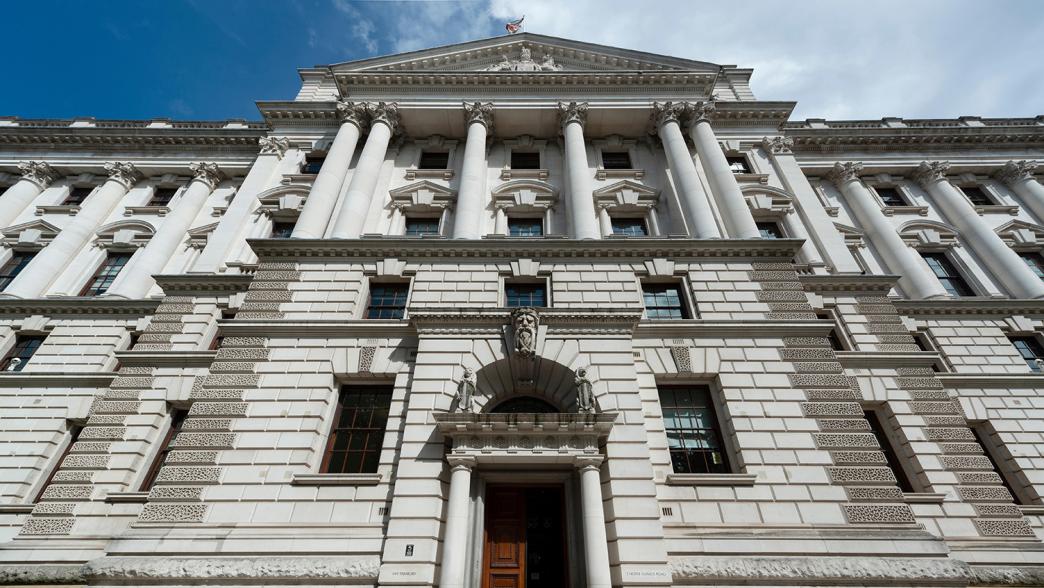Treasury ‘orthodoxy’: What is it? And is it a problem for government?
The Treasury wields too much influence across government and dominates strategic thinking at the centre.

The Treasury wields too much influence across government and dominates strategic thinking at the centre.

Our annual, data-based assessment of the UK civil service, how it has changed and performed over the past year, and its priorities for the future.
Liz Truss's deep state delusions are undermining any serious argument she might make.
Why the centre of government has failed successive prime ministers – and seven recommendations for radical reform.
The prime minister should not be allowed to abdicate decisions about how to pay for his spending pledges.